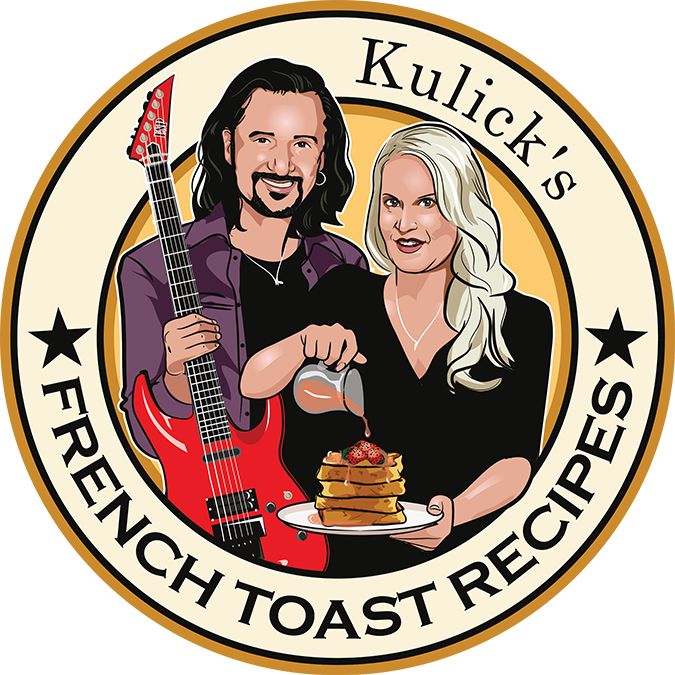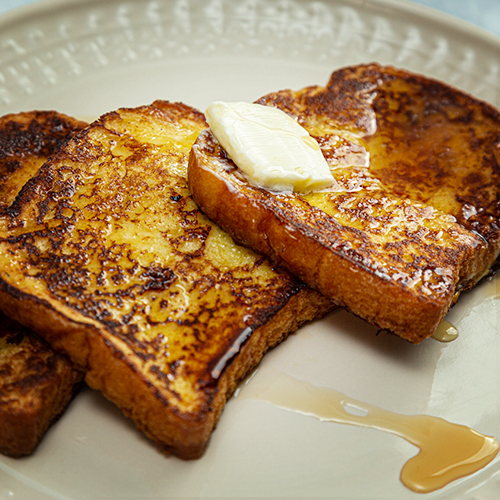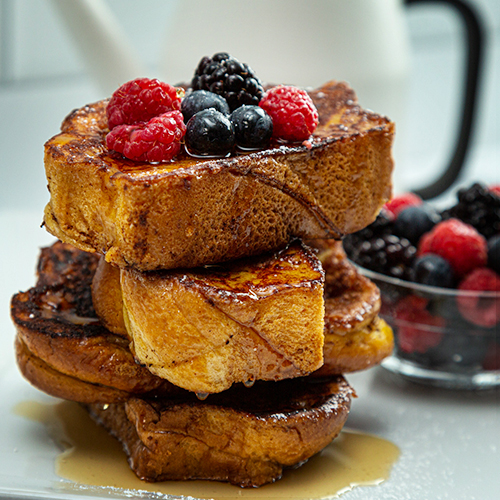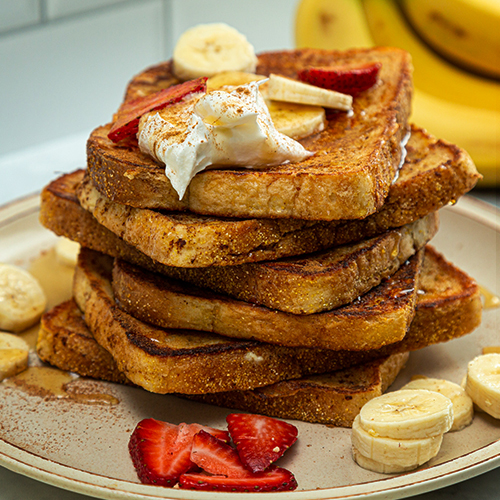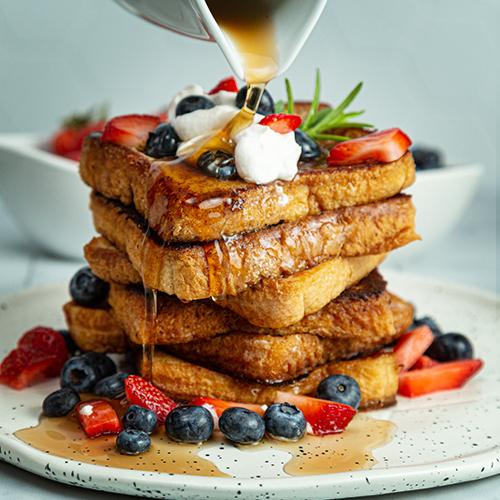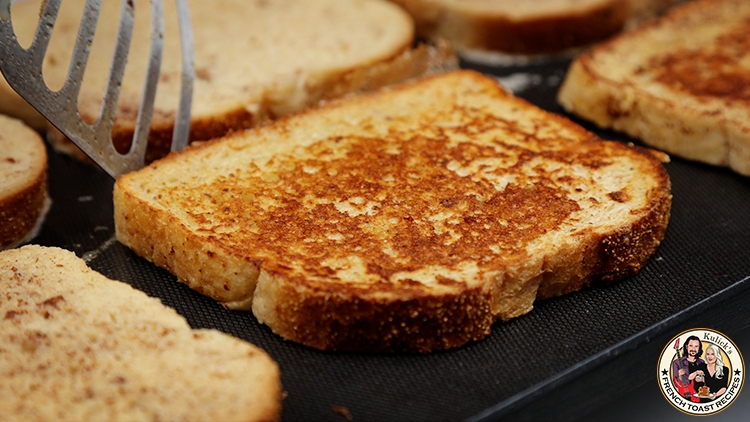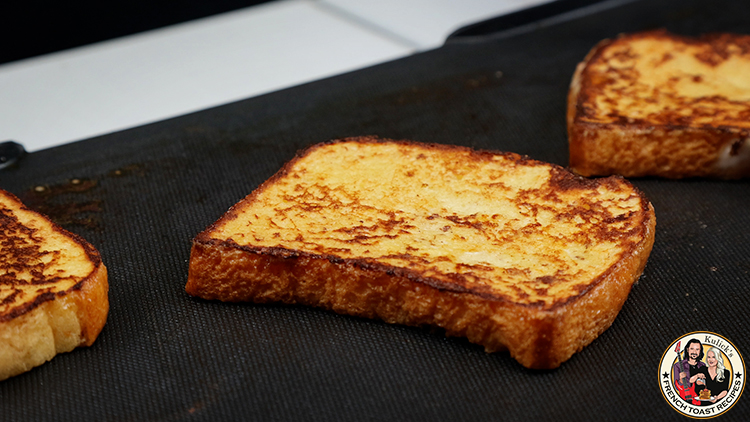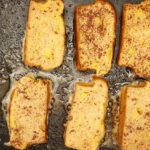Why Is French Toast Called French Toast?
You’d think that the answer to how French toast got its name would be “because it’s French,” but the truth is that this delicious breakfast recipe dates back to the ancient Romans. As for the name “French toast,” it first appeared in print in the Encyclopedia of American Food and Drink in 1871, but appears to be significantly older than that. And honestly, nobody’s really sure exactly why we call it “French toast” today.
One of the earliest documented French toast recipes can be found in an ancient Roman cookbook. The dish was called pan dulcis, or “sweet bread.” The recipe remained popular in various forms, turning up again in 15th century England, where it went by its French name, pain perdu, meaning “lost bread.”
There are a few different theories about how French toast came to be called that. One of them credits the name to an innkeeper in Albany, New York, named Joseph French, who is said to have invented the variation of French toast we know today in 1724 and named it after himself. While this is an interesting story, there’s no evidence to support it. There’s also the possibility that it’s called “French” because we tend to think of French things as being sophisticated; calling this humble dish “French toast” could have been a way to elevate its reputation or a sign that it was thought of as fancy at some point. It’s even possible that its name comes from the verb “french,” meaning “to slice thinly” (a usage most commonly seen on cans of green beans).
While there is still some disagreement and confusion around why French toast is called that, the one thing most people can agree on is that French toast is a delicious dish.
